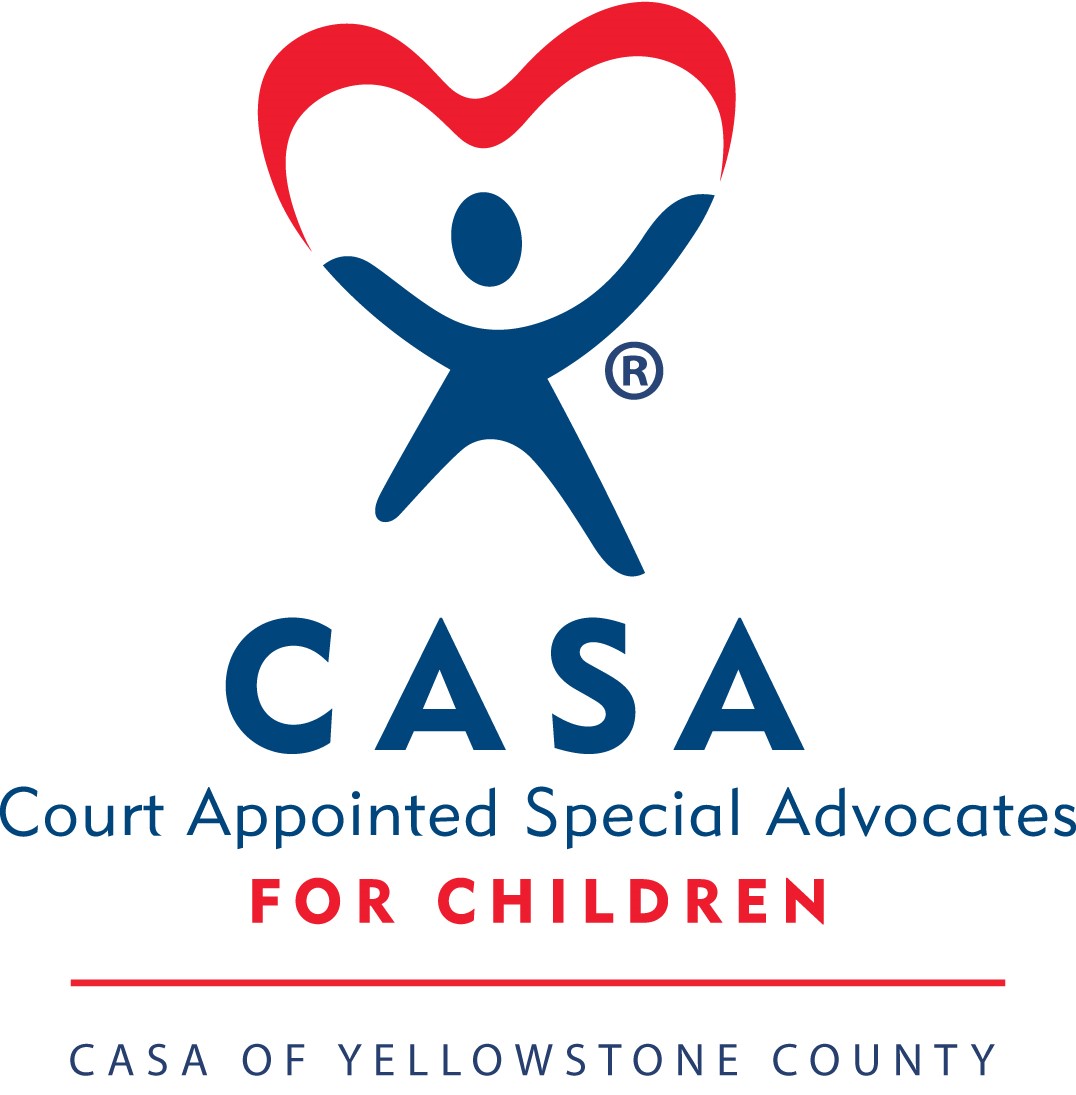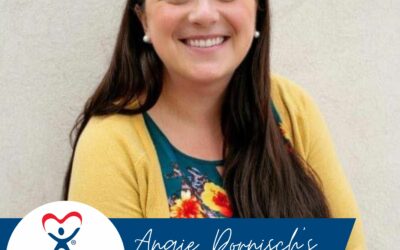
The Zoom we deserve. (via Giphy)
During my undergraduate studies at Penn State, I worked as a research assistant analyzing the temporal and causal links between anxiety and depression. During that time, I had an opportunity to spend a summer at the University of South Florida working on a research project involving the physiological impact of anxiety on young people in the Florida criminal justice system. My responsibilities to the research lab at Penn State did not cease despite my temporary relocation to the South, and consequently, I was expected to join the lab’s team meetings via video conference from my apartment in Tampa. This was my introduction to the use of such technology, and one might say it was the beginning of a beautiful friendship.
That was in 2012, and nine years ago, the use of video conferencing was still very novel – not necessarily any longer in the realm of science fiction, but also still not quite appropriate for what the times yet required. Today, for many of us, it has surely lost all novelty. For me personally, I started using Zoom for work meetings back in March; the weekly meetings of my Toastmasters club are now held over Zoom; and I just started my second semester of law school, in which I attend class every day from my home, while my professors lecture to me and 87 of my fellow 1L students on a Zoom call. There has been some scientific discussion on the potentially detrimental, albeit mild, effects of frequent video conferencing on our brains, including the so-called “Zoom fatigue.”
Truly I say unto you, though – it ain’t all bad. In fact, I think Zoom has the ability to revolutionize our work as Court Appointed Special Advocates. Allow me to illustrate. One of my CASA kids recently had a meeting at his school district to determine whether he was eligible for an individualized education plan (IEP). These are important meetings for CASAs to attend, especially if the decision-makers are on the fence about the necessity for services. However, as a result of being placed with extended family outside the state, this young man’s school district is more 1,000 miles away from me.
Prior to this year, my response to the challenge would have been: Shucks, gosh, oh well. But in October 2020, there was no question – I was going to attend this meeting by video conference. In addition to the matter of attending this particular meeting, the truth is that the placement of my CASA children out-of-state has not significantly impacted my ability to fulfill my responsibilities as their CASA. Admittedly, this is thanks in large part to the children’s caregivers and their graciousness in setting up regular Zoom calls with me and the kids. But had the children moved away before the advent of this new world of ours, would I have even thought to use this technology as a tool in continuing to fulfil my duties as their Advocate?
The sudden and widespread use of software like Zoom presents our organization – and others like ours – with an opportunity to envision the blueprint for how we serve children post-COVID and beyond. When children are placed out-of-state, or even in some far-off corner of Montana, what is to stop us from continuing to visit the children with the same frequency through the use of video conferencing? What if Zoom could be an instrument for compromise when foster parents can’t bear the thought of another professional coming into their home that week? Down the road, may there even be an opportunity for greater utilization of video visits with our kids when they are placed in group homes and residential treatment centers?
If you have been holding out on jumping on the Zoom bandwagon, I urge you to reconsider your reservations. Obviously, no one preferred the state of affairs we find ourselves in. And no one is eager for a dystopian future in which we forego human interaction in favor of virtual worlds confined to the four walls of our individual dwellings. However, there is a chance for us here to use the cards we’ve been dealt and turn them into a winning hand. While we all await the inevitable end to COVID’s reign over our lives, none of us have lost our ability to build and maintain a face-to-face relationship with the children on our cases – even if this is not how we imagined it would look like when we signed up to be a CASA. Then, when it’s all over, I hope you will join me in rethinking what it means to truly be a constant in a child’s life, no matter where they are or where they end up. By taking advantage of what we’ve learned during the Zoom Era, we will be better Advocates than we ever were before.
Ben McKee is a Court Appointed Special Advocate with CASA of Yellowstone County.





